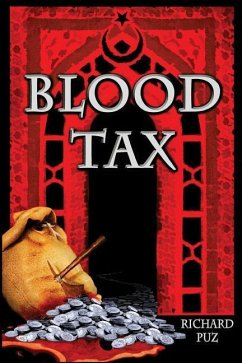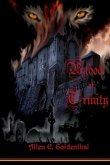The objective of the Muslim Turkish attack in the 16th Century on the Christian Fiefdom of Kostel is straight-forward-kidnap pre-puberty children and bring them to Istanbul. These stolen five-to-ten-year-old young ones are forced to convert to Islam and are taught to become unwaveringly loyal to the Sultan. They are educated to fulfill special roles in the Ottoman Empire as warriors, administrators, clergy in the Greek Church, housemaids, eunuchs or concubines. Christian serfs, land-bound slaves working the farms on the Balkan Peninsula, are defenseless as the raiders repeatedly pillage, burn farms and assault villagers. Azim, the commander, rapes Maria. Irrationally convinced that the union has conceived a baby boy, he vows to return in five years to collect his son. He threatens to crucify Maria and the destruction of the entire fiefdom if any harm befalls the child. Serfs use the intervening years to recover from the attack and prepare their defenses, led my Helena, the village matriarch and the grandmother of Maria's husband. When Azim and his men return from fighting battles on the shores of the Caspian Sea, Kostel's serfs are ready. Blood Tax is the first of three novels, drawing on authentic historical events involving feudal peasants and lords living along the frontier zone that divided the Balkan Peninsula between Christian followers under the Hapsburg Monarchy and Ottoman Empire Muslims. Like the author's four previous books dealing with American westward migration in the 19th century, this novel is well researched. All the books draw on a broad range of historical resources and accurately reflect the era and times of the stories.
Hinweis: Dieser Artikel kann nur an eine deutsche Lieferadresse ausgeliefert werden.
Hinweis: Dieser Artikel kann nur an eine deutsche Lieferadresse ausgeliefert werden.








